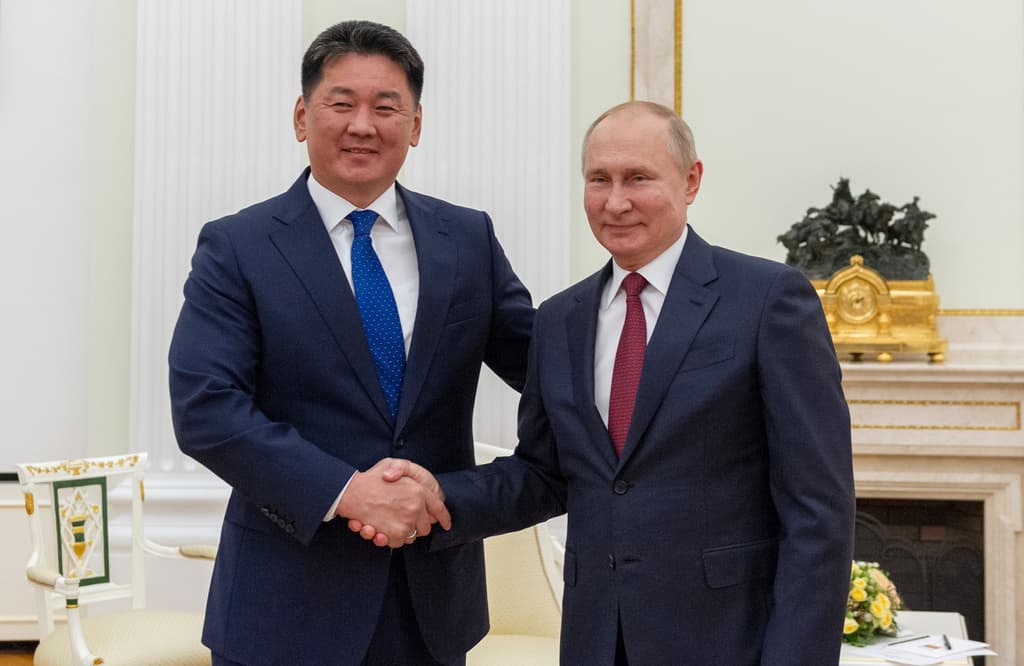Both the International Criminal Court (ICC) and Ukraine are appealing to Mongolia on Friday to take action against Putin during his visit, according to several media outlets.
"The Ukrainian side hopes that the Mongolian government is aware that Vladimir Putin is a war criminal," reads a statement from Ukraine's Foreign Ministry.
The country is formally obligated to arrest the Russian president, who is subject to an international arrest warrant issued by the ICC, since they have signed the court's founding document, the Rome Statute.
Dependent on Russia
However, it is deemed unlikely that Putin will actually be arrested. Moscow is not concerned, according to the Russian power center, the Kremlin.
We have a very good dialogue with our friends from Mongolia, says spokesperson Dmitrij Peskov, according to AP, and continues:
All aspects of the meeting have been carefully prepared.
The two countries have been close allies for a long time, and Mongolia has presented itself as neutral in the war in Ukraine.
The landlocked country between Russia and China is almost entirely dependent on Russian fuel, writes Kyiv Independent, but has in recent years strengthened ties with both the USA and China.
Cancelled South Africa trip
During the Russian visit to Ulan Bator, which is taking place at the invitation of Mongolian President Khurelsukh Ukhnaa, the leaders will commemorate the 85th anniversary of the victory in the Battle of Chalchin-Gol in eastern Mongolia, which was fought between the Soviet Union and the Japanese Empire in 1939.
This is the first time since the arrest warrant that Putin has visited a state that has ratified the Rome Statute.
Last year, he cancelled a planned trip to South Africa, which has also signed the statute, where the president would have attended a summit within the economic cooperation organization Brics.
The ICC's order to arrest Putin was issued in March 2023 and was motivated by the forced transfer of children from Russian-occupied areas in Ukraine.
The International Criminal Court (ICC) is a court based in The Hague in the Netherlands. It tries cases of war crimes, crimes against humanity, and genocide.
The ICC began its operations in 2002 and is a complement to the International Court of Justice (ICJ) in The Hague. The ICJ tries interstate disputes, and the ICC tries individuals who have committed war crimes or crimes against humanity or have been complicit in genocide.
The court is activated when an internationally appointed prosecutor gets a suspect extradited from a country where the crime was committed.






